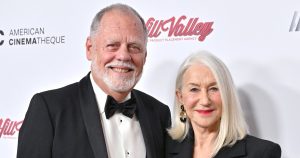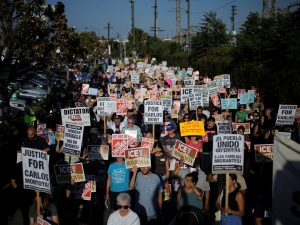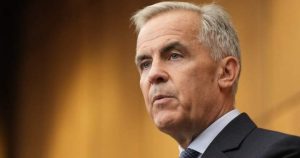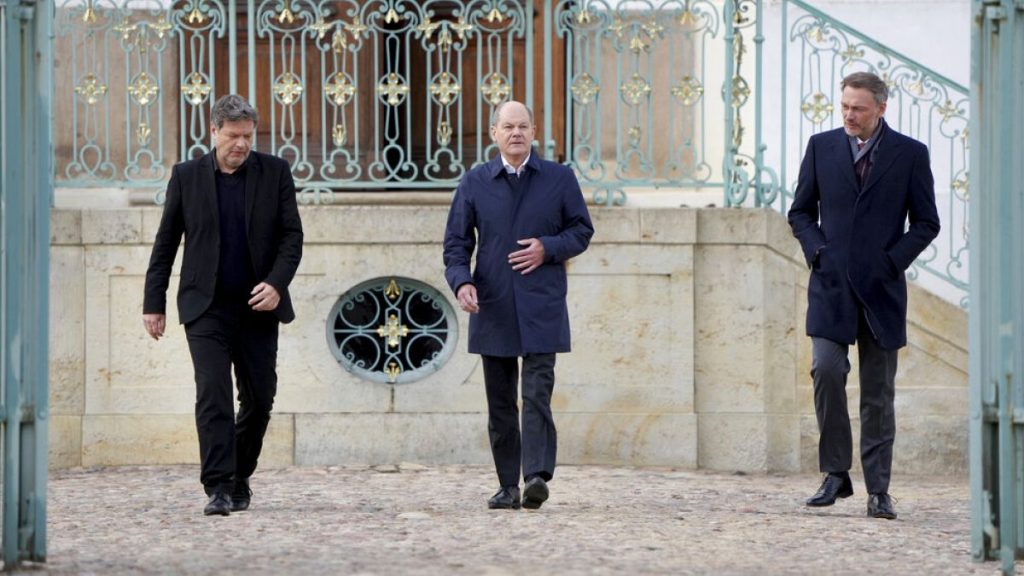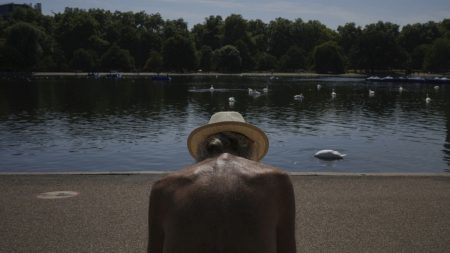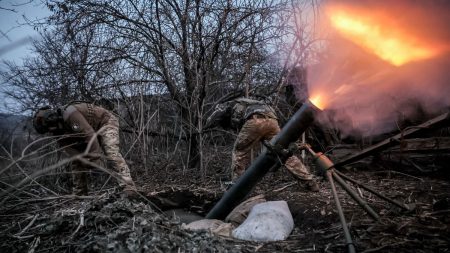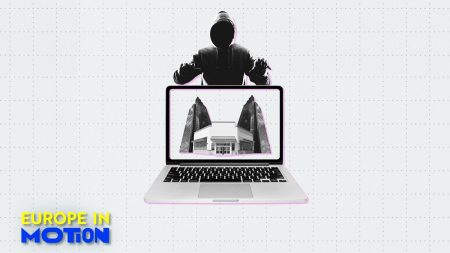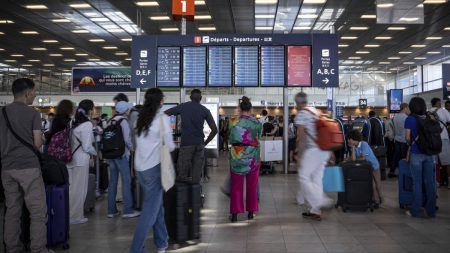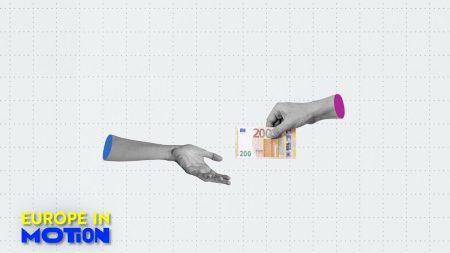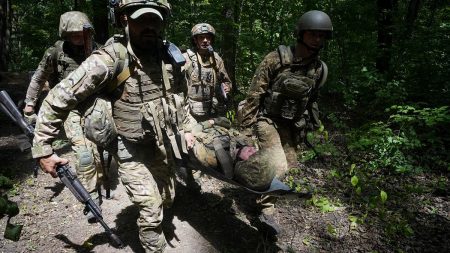German Chancellor Olaf Scholz has faced criticism for holding an economic summit without inviting his ministers of finance and economy. The absence of Finance Minister Christian Lindner and Economics Minister Robert Habeck led to accusations of Scholz trying to exclude other parties and kickstart his election campaign 10 months before the next election. Defending Scholz, Social Democratic Party leader Saskia Esken stated that it was normal for a chancellor to take charge in a crisis situation. However, critics from the conservative newspaper Die Welt suggested that Lindner would have preferred to attend the summit. In response, Lindner organized his own meeting with small and medium-sized enterprises and skilled trade representatives on the same day as Scholz’s summit, emphasizing the government’s compliance with the German debt brake and justifying the counter-event as necessary due to the country’s economic crisis and potential plant closures at Volkswagen. Habeck, the likely Green candidate for chancellor, presented his economic analysis focusing on macroeconomic policy, interest rates, and fiscal measures.
In an interview with IMF Europe chief Alfred Kammer, Europe’s growth problem was highlighted, with European companies being less productive than American ones. Kammer pointed out long-term obstacles to growth in the EU, including the annual decline in the labor force, bureaucracy, and lack of a true single market. Structural reforms planned by Lindner were deemed indispensable by Kammer, who emphasized the need for the public sector in Germany to invest more in infrastructure in order to have a productive economy. However, the government’s planned reduction in bureaucracy has been criticized by employers’ associations in Germany. Scholz’s recent announcement of the need to “get off the theatre stage” may explain why there was no press conference scheduled after the summit on Tuesday.
The focus on economic policies and strategies comes amid tensions within the German government regarding the handling of the economic crisis and plans for recovery. Scholz’s decision to hold the summit without key ministers has sparked controversy in the lead-up to the next election, with accusations of campaigning too early and excluding other parties. The response from Lindner and Habeck, organizing their own events and presenting alternative economic analyses, reflects the differing approaches and priorities within the German political landscape. As Germany grapples with economic challenges, including the impact of the pandemic and potential plant closures, the debate over public investment, structural reforms, and productivity levels continues to shape the country’s economic future.
Despite differing opinions on economic policies and strategies, there is a consensus on the need for investment in infrastructure and structural reforms in Germany. The debate over the role of the public sector, productivity levels, and growth obstacles in Europe highlights the complex challenges facing the region. The criticism of bureaucratic inefficiencies, the decline in the labor force, and the lack of a true single market underscore the areas that require attention and reform. As the German government navigates these challenges and works towards economic recovery, the tensions within the government and differing perspectives on economic priorities will continue to shape the country’s path forward.
